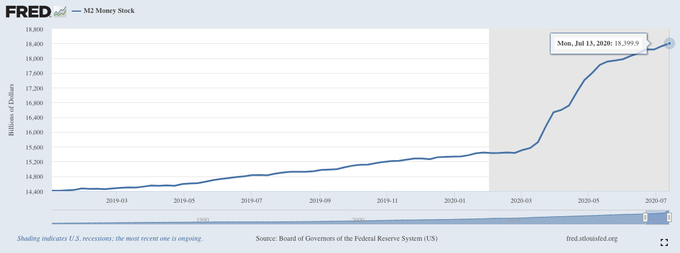GOLD is up 8% in 1 MONTH SILVER is up 27.5% in 1 MONTH PALLADIUM is up 18.2% in 1 MONTH PLATINUM is up 15.9% in 1 MONTH RHODIUM is up 15.9% in 1 MONTH No inflation?
Archives of “palladium” tag
rssThe Four Main Parts of James Chanos’ China Argument
Note: The commentary that follows has been taken from Jim Chanos’ speech to a group of investors, on the subject of China’s economy. The video of this speech can be viewed below.

Hedge fund manager Jim Chanos has generated some controversy over the past few months because he has had the temerity to argue that China is experiencing an asset bubble. Skeptics argue that he misunderstands the nature of the Chinese economy.
There are four main parts to his argument:
• GDP drives economic activity.
• Local party bosses have an incentive to game the system
• Real estate speculation
• Overbuilding of industrial and commercial real estate
Let’s take these arguments one by one.
1) GDP drives economic activity
In most industrialized countries, GDP is what Chanos calls a residual: it is the result of economic activity. But in China, GDP growth is seen as sacrosanct, and Beijing sets a GDP growth target every year. Local party bosses act to ensure that they meet this target.
2) Local party bosses have an incentive to game the system
Since GDP growth is explicitly stated as a public policy, local political bosses have an incentive to make sure that they contribute to the country’s efforts to meet the GDP target growth rate. In practice, this means that local municipalities can, for example, meet revenue targets by selling off land to developers. Party bosses have an incentive to sell as much land as possible, regardless of whether doing so creates too much supply.
3) Real estate speculation
One of the main arguments advanced against Chanos’ China thesis is that real estate speculators in China have to have more equity than do their American counterparts. The implication is that China won’t suffer from a meltdown of real estate. But this argument, while possibly correct, misses Chanos’ larger point. Speculators in Beijing buy up multiple apartments, seeing them as a store of value, akin to commodities like gold or palladium.
Implicit in this practice is the notion that there is a greater fool down the line. Treating real estate as a store of value, rather than an investment that produces real or imputed monthly cash flows in the form of rent defies economic logic. (more…)
